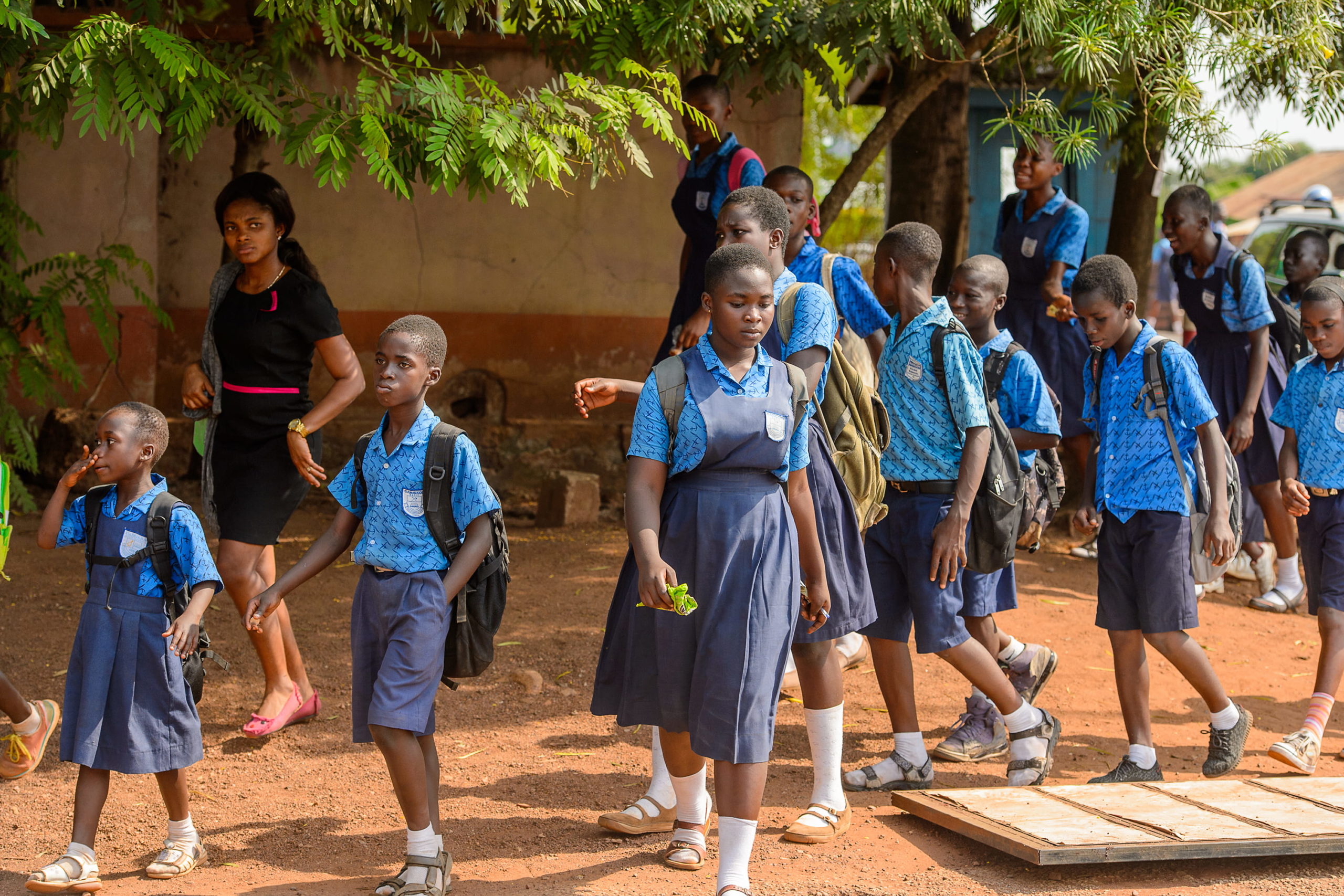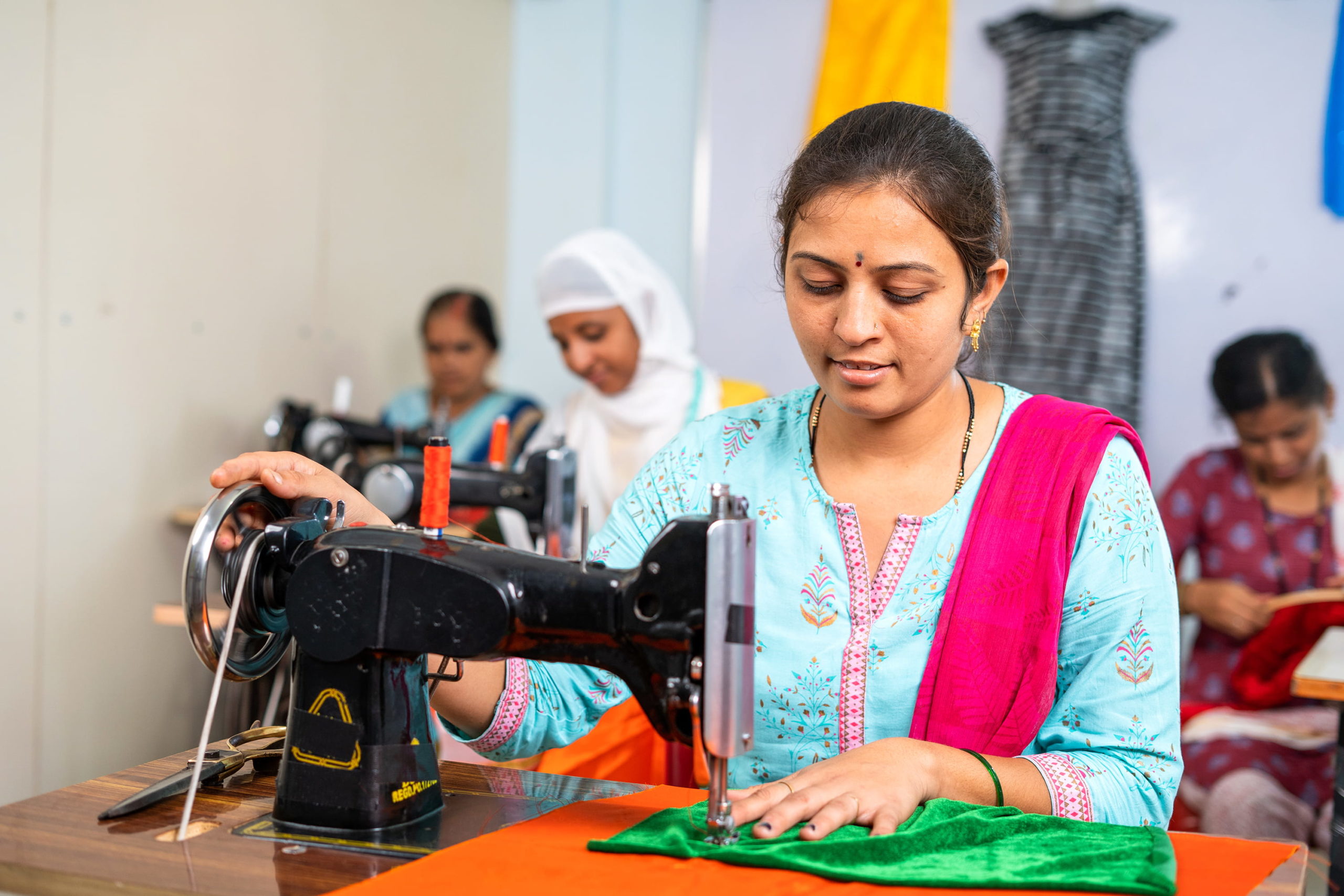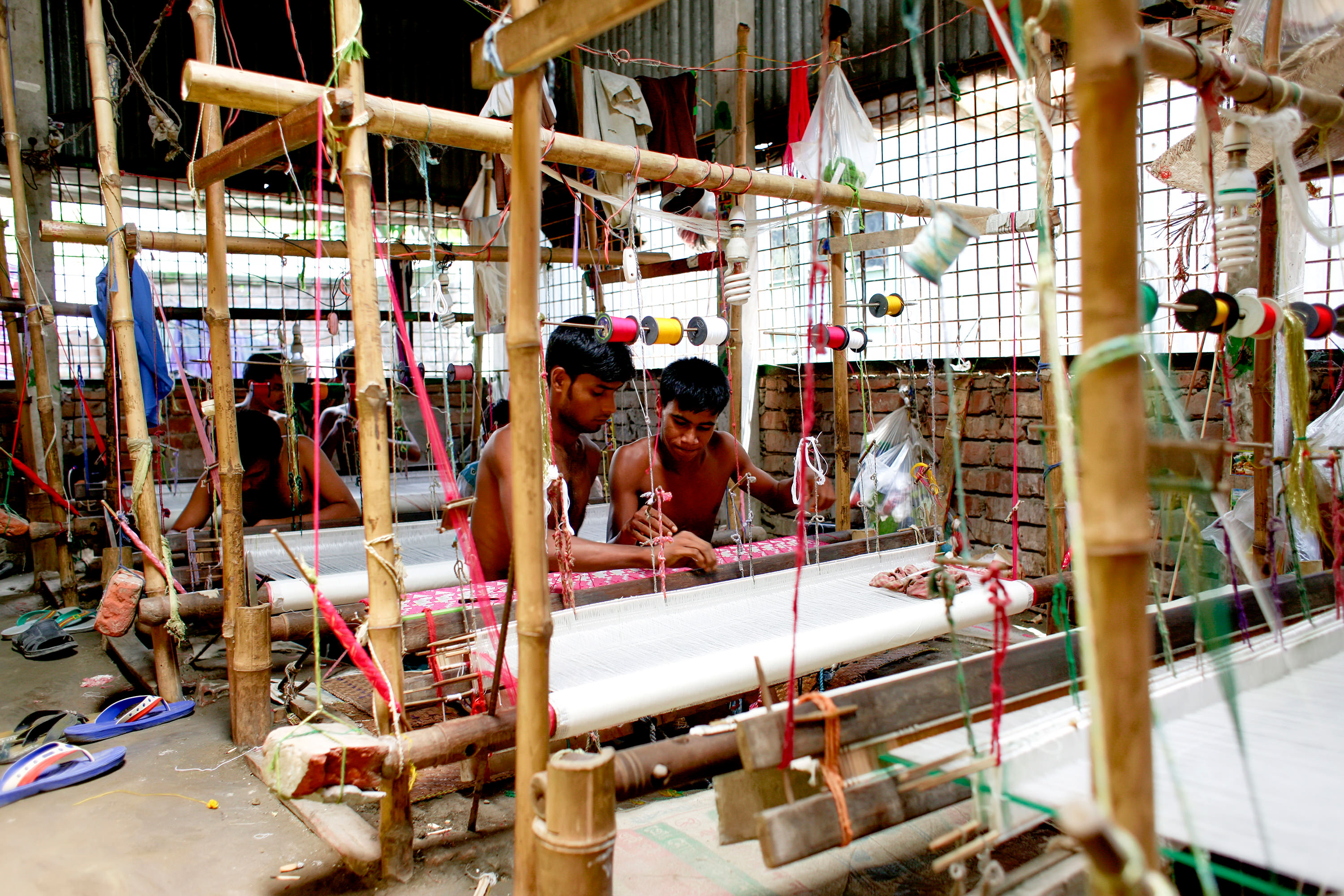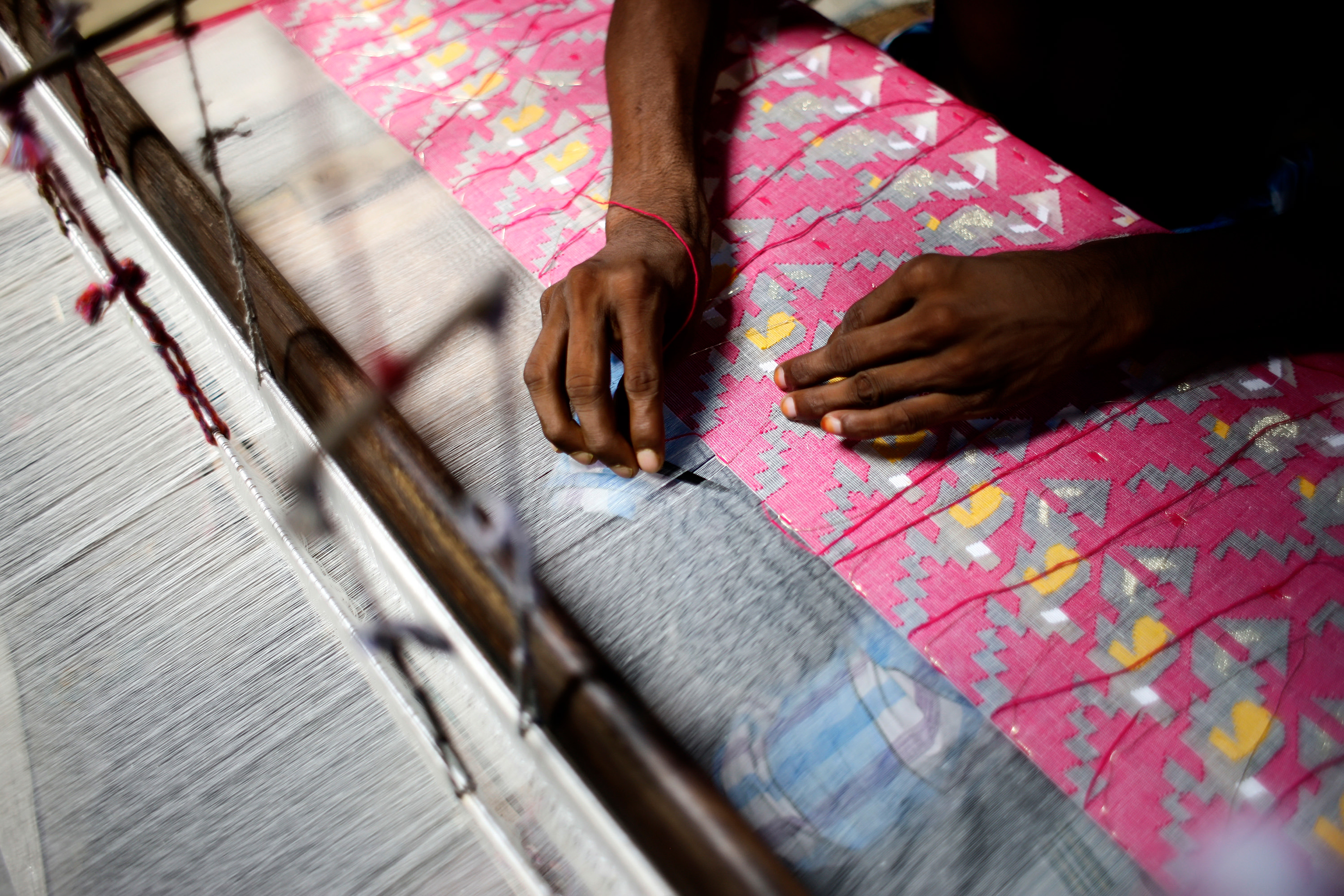Digitising Historical Plant Level Panel Data on Labour Outcomes
This project seeks to digitise historical plant–level data on labour outcomes from India. In addition to monthly, plant–level data on various labour outcomes, these data contain unique plant identifiers, which can be combined with...




